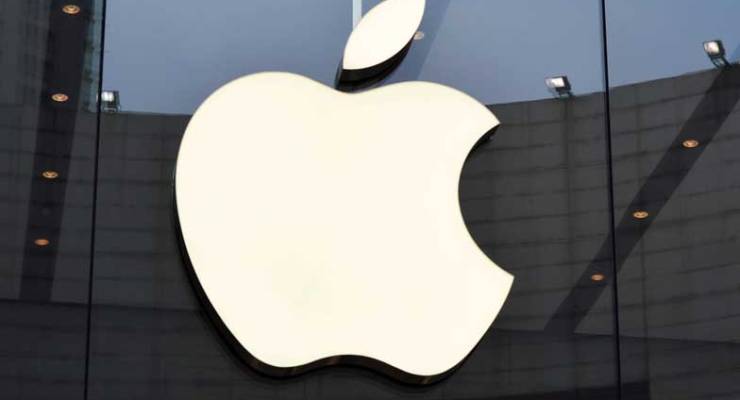
The app marketplace is the latest front of the global fight with big tech, and it looks like Australia’s regulators may be taking up arms. This month the Australian Competition and Consumer Commission (ACCC) announced an inquiry into these marketplaces as part of its ongoing monitoring of platforms.
Companies like Google and Apple take up to 30% of every transaction that passes through their stores, and a back-of-the-envelope calculation suggests this big tech “tax” is costing global consumers billions of dollars each year.
This is an issue that goes to the heart of the worldwide tech wars: how do you stop big tech companies positioning themselves as gatekeepers?
The mandatory media code is relatively small beer: it’s a squabble over the spoils of advertising between the 20th century information gatekeepers — News Corp and Nine — and the gatekeepers of the 21st century, Facebook and Google. But the app marketplace is about the much larger market for digital things — mainly games, but also subscription services like Netflix and The New York Times.
The Google and Apple stores give big tech access to people where they live: on their phones. And what drives almost all phones? Google’s Android and Apple’s iOS. Want to reach mobile consumers with your app? Phone settings will channel them through their respective app store and usually prevent you from loading apps from other sources.
The stores started as a tool to sell smartphones, but they’re now big money-makers in their own right. Even for a device-focussed company like Apple, the services business now delivers a decent chunk of its revenue. According to a Sensor Tower report (relied on by the ACCC), users of the two companies downloaded a combined 115 billion apps last year, spending a total of US$83.5 billion.
The marketplace takes a cut of 30% from each transaction and pays the remaining balance to the developer. (For subscriptions, the cut drops to 15% in later years.) That means the two companies received up to US$25 billion in their respective “taxes” last year.
This is a clip that sees media and entertainment caught coming and going: Google and Facebook take a chunk out of their ad revenues through ad tech (the subject of a separate ACCC inquiry) and Google and Apple take a chunk out of their subscriptions too.
The big players, of course, may be able to set their own price. Amazon seems to have some agreement to sell or rent movies through the Amazon Prime app outside the Apple payment system — although you can’t buy books through the Kindle app to avoid “the Apple tax”. Similarly, Netflix (which was once the largest source of app store revenues) avoids the charge by limiting in-app sign-ups, while others, like The New York Times, restrict access to discount deals in their apps.
Notably, Facebook has complained about Apple taking 30% of payments for its live entertainment service through its app on iPhones when Facebook itself takes no payment.
Google and Apple say their stores are just an online equivalent of traditional retail; they bring value by guaranteeing security against malware hidden in apps. Sure, say their critics, but 30% is a lot when equally security-conscious credit card companies only take a couple of percent.
Apple has also been criticised for pitching its own apps, free of charge. Back in 2014, Spotify upped its price to cover the Apple tax. A year later Apple launched its matching music service, at the original lower Spotify price. Spotify opted out of the Apple payment system, requiring sign-ups through its website. Apple prevents Spotify advertising this on its app.
Although the app tax is hurting media and entertainment businesses, the fight against it is being led by the gaming industry. Epic Games, owner of smash-hit Fortnite, deliberately flouted Apple and Google rules by promoting a discount for people who paid direct. It was then kicked out of both app stores and the matter is now in the courts.
Australia’s inquiry is being fast-tracked with a report to the treasurer due in March next year. It’s an inquiry that could have real global impact — and real benefit for Australians too.








Your entire article gives the impression that bot Google and Apple take a 30% cut. This isn’t true.
Unless there’s an “each” or “both” in the sentences, I dont think thats a fair reading of the article.
State treasurers should simply tax them under a poc tax.